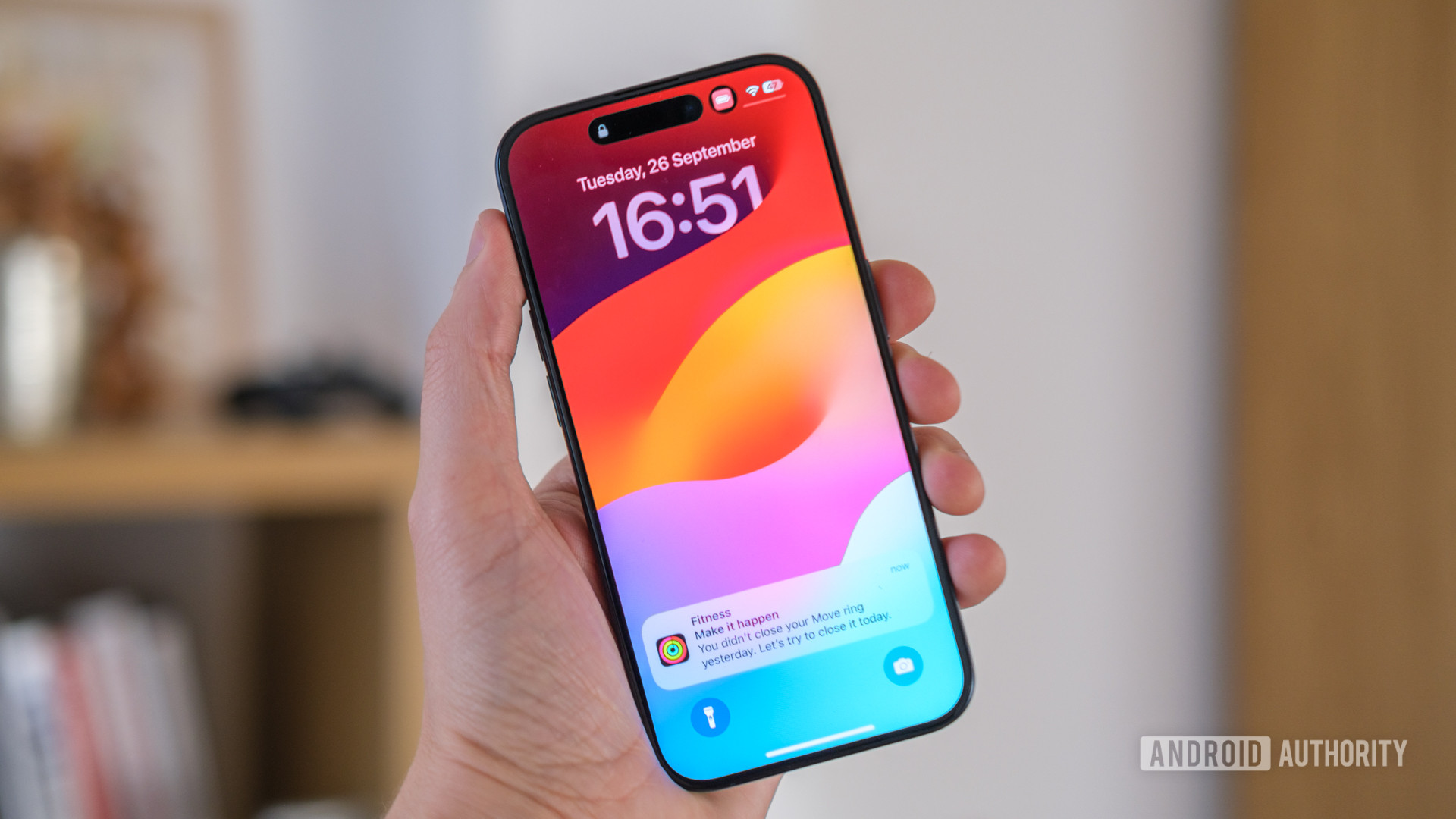Affiliate links on Android Authority may earn us a commission. Learn more.
Here's why iPhones were rebooting themselves, according to experts
Published onNovember 9, 2024

- Previously, it was reported that confiscated iPhones were mysteriously rebooting themselves.
- Experts are now piecing together the reason why these iPhones rebooted.
- The answer appears to be linked to a new feature in iOS 18.1.
Earlier this week, it was reported that police were taken by surprise when confiscated iPhones suddenly began rebooting on their own. At the time of the report, it was unknown what could be triggering the reboot. However, experts are now starting to piece together the solution to this mystery.
When the report from 404 Media came out, we noted that there was a possibility Apple may have quietly released a security feature in the latest iOS update. We also pointed out that there was previously a bug in iOS 18 that caused iPhones to randomly reboot throughout the day. It seems that we weren’t too far off from the answer as a new report from the outlet says that experts are finding that the surprise reboots from this week are, in fact, a feature.
According to Dr. -Ing. Jiska Classen from the Hasso Plattner Institute, the tech giant gave iOS an “inactivity reboot” feature. Classen later confirmed this in a social post showing screenshots of the relevant code.
Apple indeed added a feature called “inactivity reboot” in iOS 18.1. This is implemented in keybagd and the AppleSEPKeyStore kernel extension. It seems to have nothing to do with phone/wireless network state. Keystore is used when unlocking the device.https://t.co/ONZuU9zVt2 https://t.co/4ORUqR6P6N pic.twitter.com/O3jijuqpN0— Jiska (@naehrdine) November 8, 2024
It was previously believed that the rebooting may be related to the devices being removed from the cellular network. But, according to Classen, that does not appear to be the case.
Additionally, Christopher Vance from Magnet Forensics revealed in a private group chat for law enforcement and forensic experts that they found code that triggers an inactivity timer. “When this timer runs out, the device reboots, moving from an AFU state to a BFU state,” Vance said.
This is a feature that can help prevent thieves from easily accessing user data on locked devices. But, at the moment, it seems the feature is also serving as a nuisance to law enforcement.